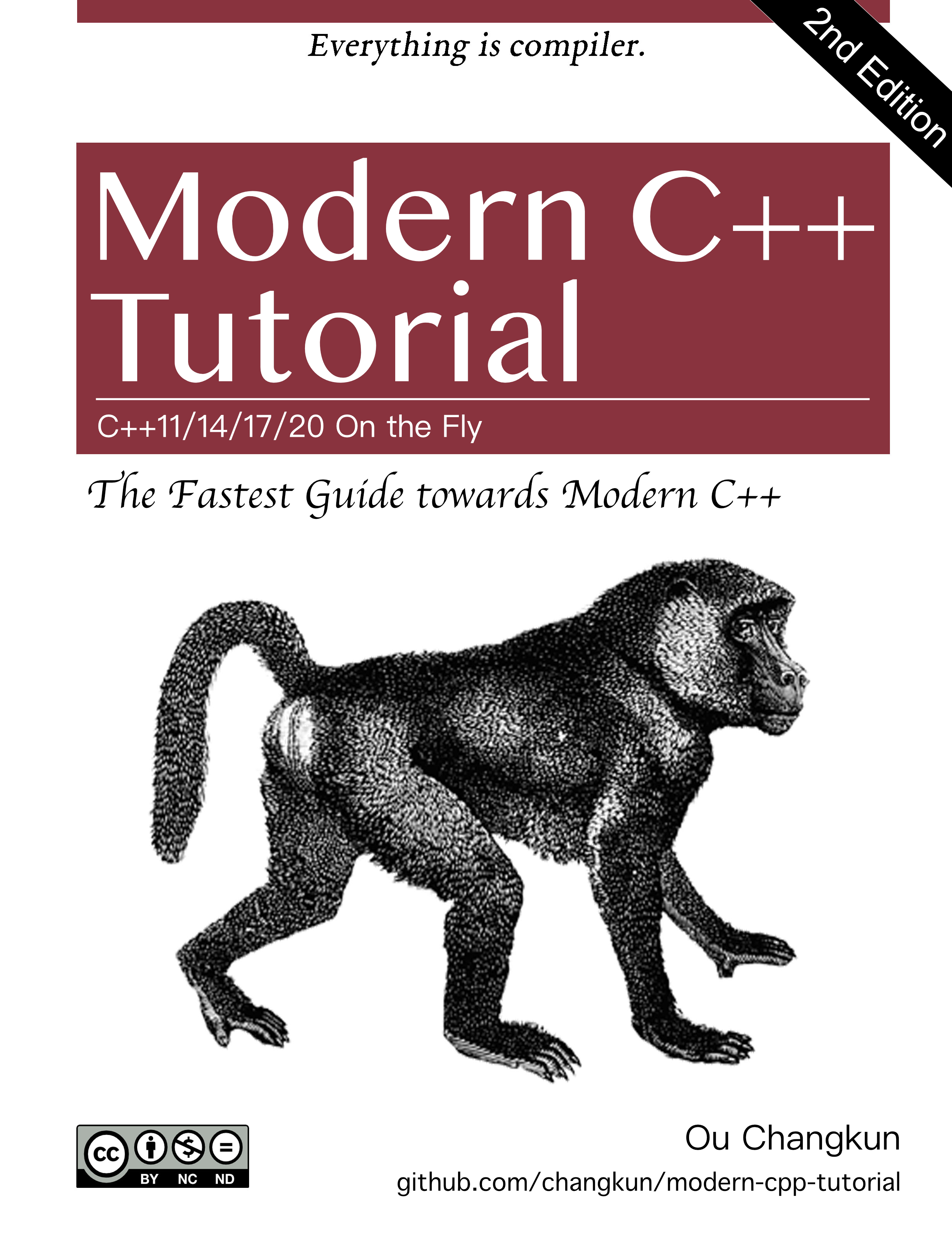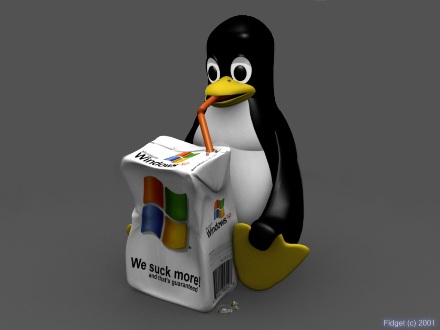
MPI-1
- Fixed process model
- point-to-point communications
- collective operations.
- communicators for safe library writing
- utility routines
MPI-2
- Dynamic process management.
- one-sided communications
- cooperative I/O
Dynamic Process Management
- MPI - 1 had a static or fixed number of processes
- Cannot add nor delete processes
- The cost of having idle processes may be large.
- Some applications favour dynamic spawning
- run-time assessment of environment
- serial applications with parallel modules
- scavenger applications.
CAUTION: process initiation is expensive, hence requires careful thought.
MPI-2 Process Management
- Parents spawn children
- Existing MPI applications can connect
- Formerly independent sub-applications can tear down communications and become independent.
Task Spawning - MPI_spawn();
- It is a collective operation over the parent process’ communicator.
- info parameter: how to start the new processes (host, architecture, work dir, path).
- intercomm and errcodes are returned values.
Communicators
- MPI processes are identified by (group, rank) pairs.
- Communicators are either infra group, or
- inter group : ranks refer to processes in the remote group.
- Processes in the parent and childern group each have thier own MPI_COMM_WORLD
- Send and Recv have a destination and a inter/infra communicator.
- Possible to merge processes or free parents from children by MPI_Intercomm_merge() and MPI_Comm_free().

One-sided Communications
For traditional MP, there is an implicit synchronisation - it may be delayed by asynchronous message passing.
In One-sided Communications,
- One process specifies all communication parameters.
- Data transfer and synchronisation are separate.
- Typical operations are put, get, accumulate. MPI_put()
MPI-2 Remote Memory Access (RMA)
- Processes assign a portion (or window) of their address space that explicitly expose to RMA operations. MPI_Win()
- Two types of targets
- Active target RMA: requires all processors that created the window to call MPI_Win_fence() before any RMA operations is guaranteed to complete.
- One-sided communication: no process is req to post a recv.
- Cooperative in that all processes must synchronize before any of them are guaranteed to have got/put data.
- Passive target RMA: only requirment is that originating process places MPI_Win_Lock() and MPI_Win_Unlock() before and after the data transfer.
- Transfer is guranteed to have completed on return from unlock.
- Known as one-sided communication.
- Active target RMA: requires all processors that created the window to call MPI_Win_fence() before any RMA operations is guaranteed to complete.
- Potential unsync can be avoided by locks or mutexes.
MPI-2 File Operations
- Positioning: explicit offset, shared pointer/ individual pointers
- Synch: blocking/non-blocking (async)
- Coordination: collective / non-collective
- File types:
- is a datatype made up of elementary types; MPI_Int()
- allows to specify non-contiguous accesses.
- can be tiled. s.t. process writes to block of the file.
MPI-IO Usage
- 각 프로세서는 자신의 데이터를 따로 파일에 쓸수 있다
- 프로세서들은 하나의 파일로 데이터를 추가 할 수 있다. (로그파일 형식) - 한 파일 포인터 사용
- 프로세서들은 협력해서 하나의 큰 매트릭스를 파일에 쓸수 있다
- 파일을 타일 하기 위한 파일타입 생성
- 각가의 포인터를 이용
- 모음 명령어를 이용하여 데이터 셔플링 가능케 함
- 병렬 파일 시스템이 사용될수 있지만 그냥 평범한 파일 시스템으로 보일 수 있음
Simple MPI I/O
각 개인 포인터를 이용한 협력 파일 명령어. 각각의 프로세서의 메모리가 할당된 파일 타일에 데이터를 넣는 형식

- MPI_File_Open() 을 이용하여 커뮤니케이터와, 각 개인 포인터와 공유 파일 포인터를 생성함
- Info parameter 는 성능 조절, 특이 케이스 핸들링등에 대해 파일에 공유
- 각각의 읽기 쓰기는 포지셔닝을 필요로 하는데 이는
- MPI_File_Seek; …Read() —> 개인 파일 포인터 이용
- MPI_File_Read_at; —> 해당 오프셋에서 직접적으로 읽기
- MPI_File_seek_shared; … read_shared() —> 공유 파일 포인터 이용. Seek_shared is collective.
- 읽기 쓰기로 버퍼, 카운트, 데이터 형식을 specify 한다 (보통 send/recev 처럼)
- MPI_File_close() is also collective.
MPI-2 and Beyond
- MPI-2 는 많은 기능을 넣었는데 1의 기능보다 훨씬 느려졌고, 해당 사용 회사들의 기능들은 오랫동안 미완성이었음
- MPI-3는 단방향 통신과 non-blocking collective 를 향상 시킴


